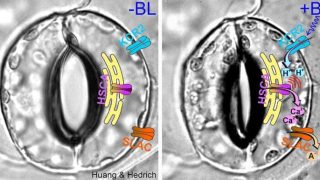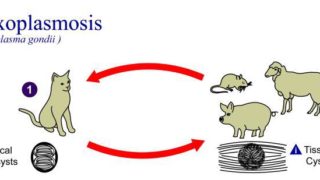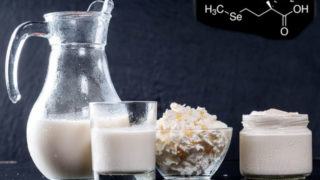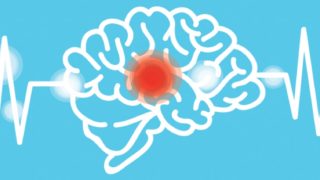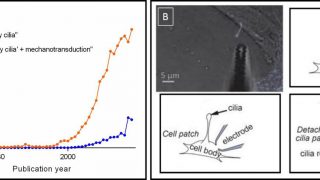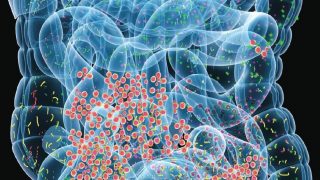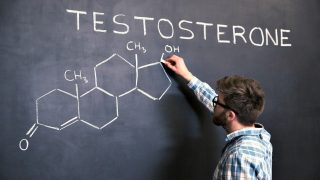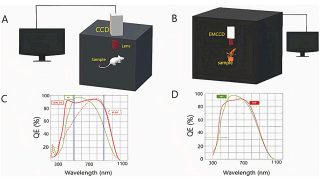
Living beings emit light that extinguishes upon death
Biochemistry • Biology • Chemistry • Physics • Physiology • Plant biology
The light of someone’s life might not be just another person, but light in the literal sense. According to a recent study , every living system emits light without requiring external excitation due to a biological phenomenon known as ultraweak photon emission (UPE). In mice, UPE was linked to vitality as live mice emitted significantly […]

